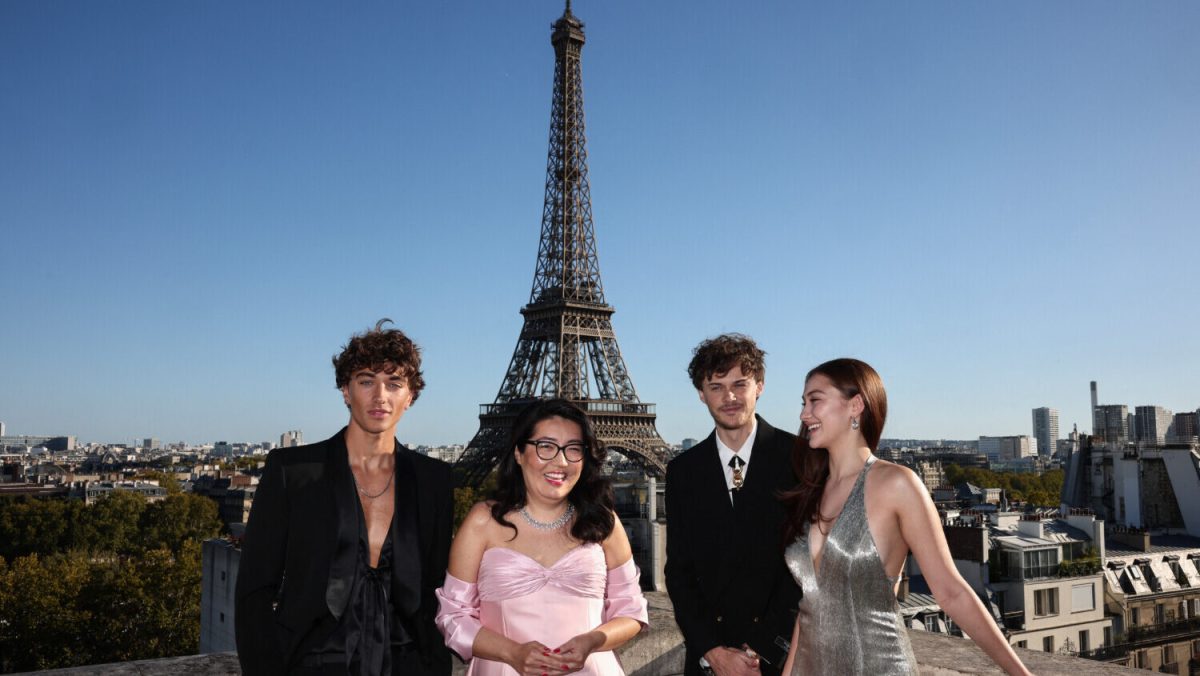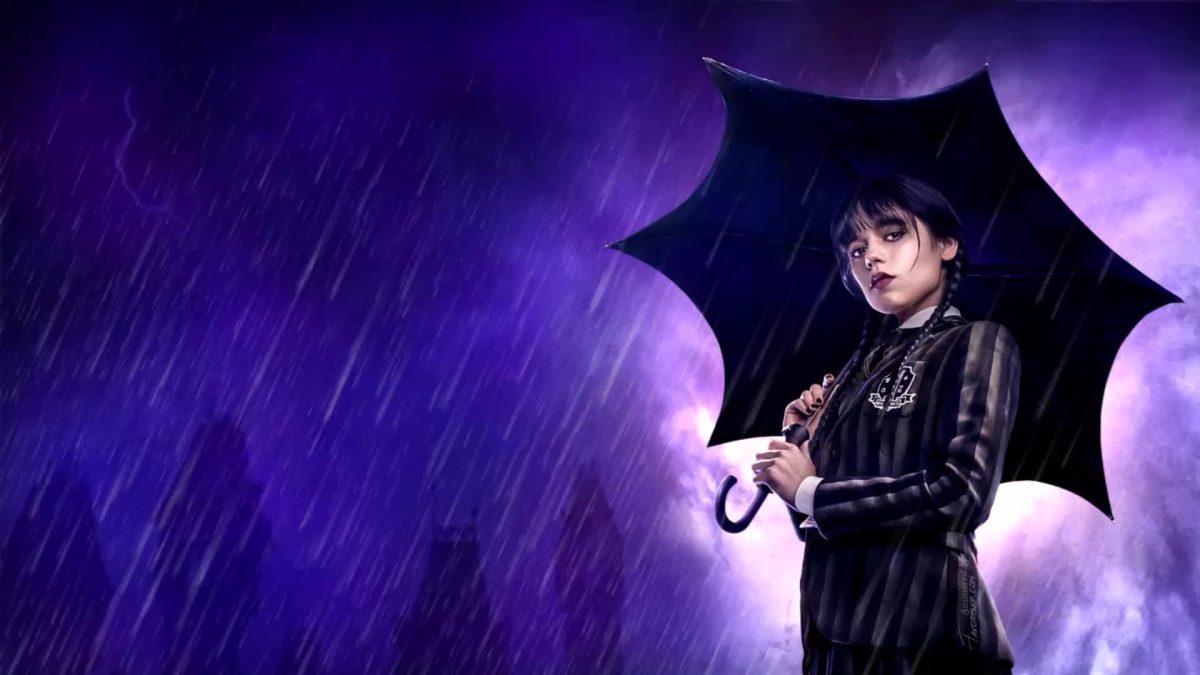The death of Hollywood

Sitting on a jungle gym, Peter Parker, also known as Spider-Man, awaits his next mission. Spider-Man: Homecoming, the most recent remakes in the Spider-Man franchise, was the fourth top grossing film of 2017, raking in over $880.1 million dollars, helping to perpetuate the nostalgic cinema movement even more.
May 22, 2018
With all of the euphoria surrounding Hollywood’s recent influx of nostalgic film remakes, it can be easy to naively forget the main motive for this popular trend: economics. These remakes and sequels rely on the general public’s love for nostalgia and thus end up making heaps of money and making up a large portion of the box office. Senior Andrew Kaplan commented, “It seems like instead of promoting new interesting films like Get Out or Arrival, Hollywood keeps promoting Star Wars sequels and live-action Disney movies.” These remakes have become so influential, and they have made up a large portion of the box office in the past year. The top grossing film of 2017 was the remake of Disney’s Beauty and the Beast, surpassing one billion dollars in earnings. The fourth highest grossing movie was Marvel’s most recent adaptation of Peter Parker in Spider-Man: Homecoming, making it the third Spider-Man adaptation in only 15 years. In addition, the ninth highest grossing film of 2017 was a remake of It, which had its original film debut 1986. This trend has even made its way into the silver screen with reboots and spinoffs like Fuller House, Girl Meets World, Gilmore Girls: A Year in the Life, and 2018’s Will and Grace coming back to capitalize on their parent show’s success. The problem with this cultural wave, or rather cultural tsunami, is the fact that it allows for a negligence of creativity rather than the bringing forth of new ideas from writers.
It makes sense why there are so many cinematic remakes when looking at it from an economic perspective. When recreating a film or expanding on the original story, there is already an existing audience. The studios do not have to put in as much money and effort into promoting the movie and generating buzz, as the original story the remake is based off of has one. Everyone knows who Belle, Spider-Man, and Pennywise the Clown are, so they immediately familiarize themselves with the new remake and become intrigued almost instantly; even those repulsed by the idea of a film remake still generate large amounts of buzz and conversation on platforms, especially social media, which only promotes the movies even more. It also is generally easier to draft a script when the plot or context has already been done before writers even sit down. For these reasons, it is reasonable that major studios are pushing towards this style of cinema, but is this transforming an industry once defined by individuality and creativity into one purely based on box office revenue and widespread acclaim.
This is not saying that a movie is immediately bad just because it was a remake. I thoroughly enjoyed all three of the remakes I previously mentioned (although I would like to note that recent remakes of Ghostbusters and Baywatch do not apply to this statement. Those movies were just generally bad). Freshman Ashley Burnette exclaimed, “I will always love the Disney live-action remakes–no matter how many they make!” However, it is the degree to which this form of cinema has been able to take over the industry that is worrying. How far will this go, and will the defining characteristics of an “original movie” change as a result?











